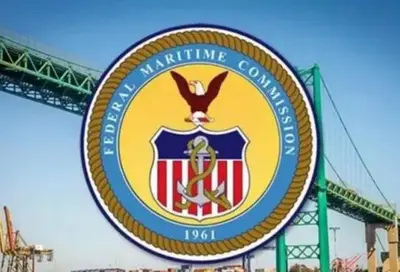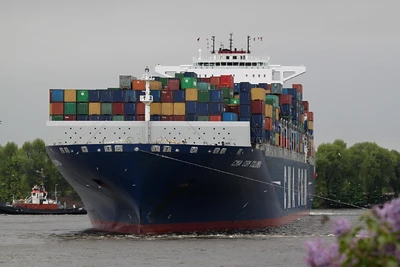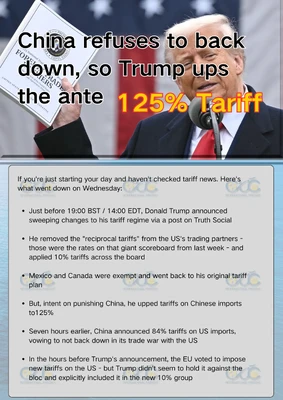
The CIP (Carriage and Insurance Paid To) Incoterm is one of the 11 internationally recognized trade terms defined by the International Chamber of Commerce (ICC). It outlines the responsibilities of buyers and sellers in international transactions, specifically regarding transportation and insurance.
Under CIP terms, the seller is responsible for delivering the goods to a carrier or another person nominated by the seller at an agreed-upon location. Additionally, the seller must pay for the transportation and minimum insurance coverage to the named destination. However, the risk transfers from the seller to the buyer once the goods are handed over to the first carrier.
Seller's Obligations:
Transportation: Arrange and pay for the carriage of goods to the named destination.
Insurance: Obtain minimum insurance coverage (typically 110% of the contract value) for the goods during transit.
Export Clearance: Handle all export customs formalities.
Buyer's Obligations:
Risk: Assume risk once the goods are handed over to the first carrier.
Import Clearance: Handle import customs formalities and pay any applicable duties and taxes.
Additional Insurance: Arrange for any additional insurance coverage if desired.
CIP is suitable for all modes of transport, including multimodal shipments. It's particularly beneficial when the seller has better access to insurance or transportation options, or when the buyer prefers the seller to handle these aspects.
CIP vs. CIF (Cost, Insurance, and Freight): While both require the seller to provide insurance, CIF is limited to sea and inland waterway transport, whereas CIP applies to all modes of transport.
CIP vs. CPT (Carriage Paid To): CPT requires the seller to pay for transportation but not insurance, unlike CIP.
The CIP Incoterm provides a balanced approach to international shipping responsibilities, with the seller covering transportation and insurance costs up to a specified destination, and the buyer assuming risk once the goods are handed over to the first carrier. Understanding CIP can help businesses navigate international trade more effectively.
 How to find a reliable Freight Forwarder For Shipping From China To The USANovember 13, 2023Are you struggling to choose a reliable freight forwarder for your cargo from China to USA? It may result in delays, high shipping extra costs, or even lost shipments if you chose a wrong freight for...view
How to find a reliable Freight Forwarder For Shipping From China To The USANovember 13, 2023Are you struggling to choose a reliable freight forwarder for your cargo from China to USA? It may result in delays, high shipping extra costs, or even lost shipments if you chose a wrong freight for...view Shipping Rates Surge Less Than 24 Hours After Tariff Cuts AnnouncedMay 14, 2025Based on recent market feedback, on May 12, 2025, the governments of China and the United States reached an agreement to mutually reduce tariffs, aiming to ease trade tensions. However, major shipping...view
Shipping Rates Surge Less Than 24 Hours After Tariff Cuts AnnouncedMay 14, 2025Based on recent market feedback, on May 12, 2025, the governments of China and the United States reached an agreement to mutually reduce tariffs, aiming to ease trade tensions. However, major shipping...view Shipping from China to ItalyJuly 1, 2025When it comes to international freight from Asia to Southern Europe, China to Italy is a vital trade route—particularly for importers in sectors like fashion, furniture, electronics, and industrial c...view
Shipping from China to ItalyJuly 1, 2025When it comes to international freight from Asia to Southern Europe, China to Italy is a vital trade route—particularly for importers in sectors like fashion, furniture, electronics, and industrial c...view China maintains defiant stance as Trump administration escalates trade tensions with sweeping 125% tariffsApril 10, 2025Seven hours earlier, China announced 84% tariffs on US imports, vowing to not back down in its trade war with the USview
China maintains defiant stance as Trump administration escalates trade tensions with sweeping 125% tariffsApril 10, 2025Seven hours earlier, China announced 84% tariffs on US imports, vowing to not back down in its trade war with the USview